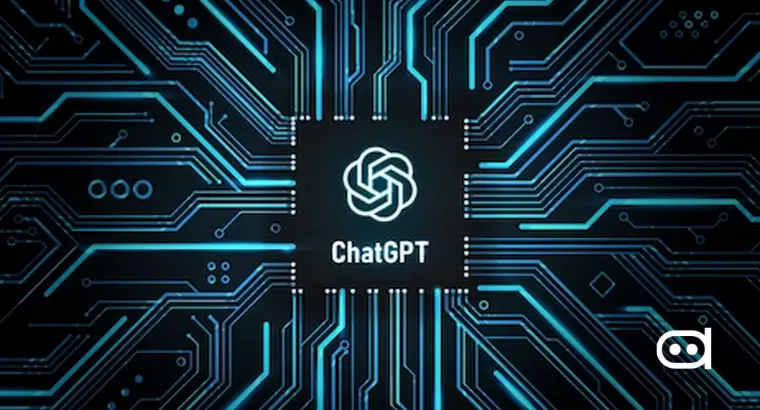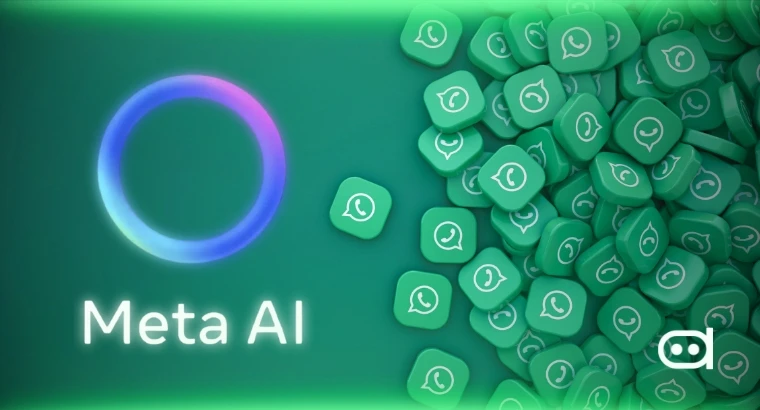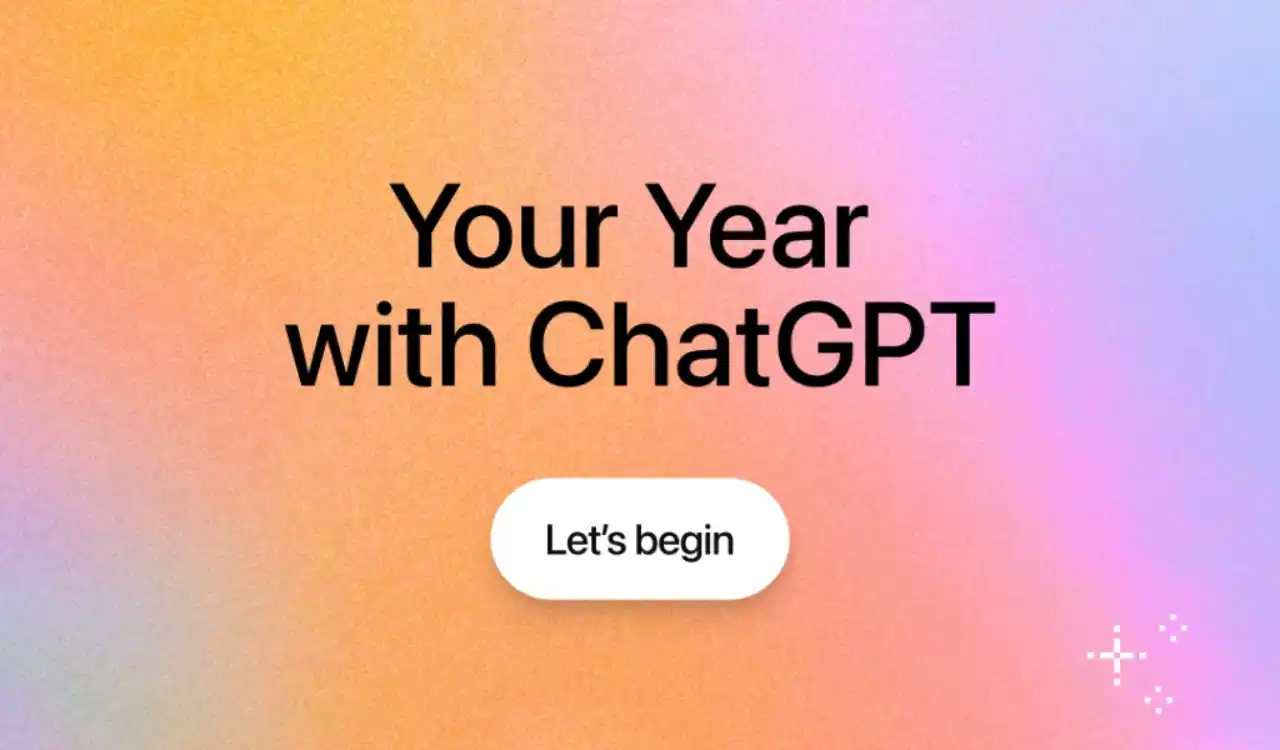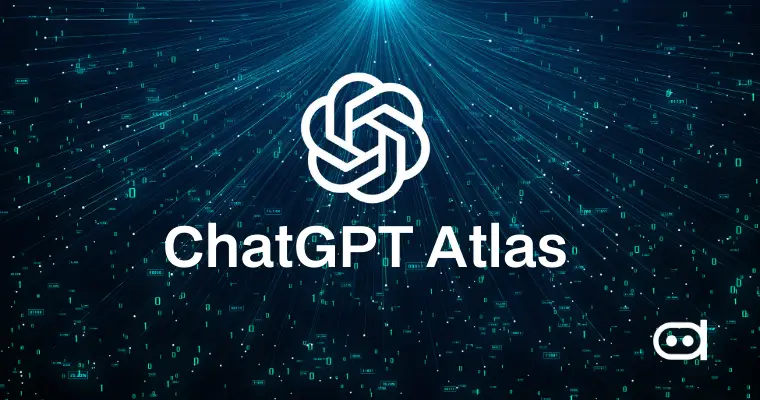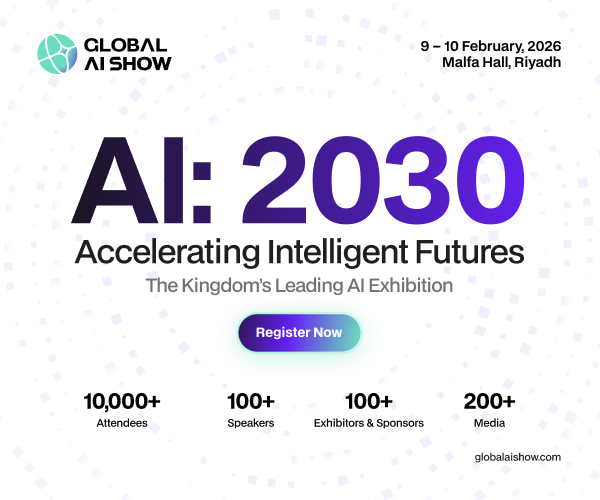
Generative AI is steadily entering industries and with the introduction of the new Gemini Code Assist tools, it has recently elevated its position as a coding help tool to a whole new level. With the help of the latest large language models (LLMs), Gemini Code Assist will provide the innovation for how developers compose, modify, and maintain application code while also boosting the time efficiency of concepts-to-code SDLC. In this year, 2024, the platform has just begun to expand, and with the help of Gemini 2.0 Flash, the enhancement in the quality of responses along with the reduction in latency to make the developers stay in flow is apparent.
Gemini Code Assist now imports tools that support various aspects of the engineering process and builds on what has been accomplished by its predecessors. It increases the efficiency of developers to find information, or get their command and work with on it, all within the development environment without requiring to open other applications. Depending on the OpenAPI specification or custom YAML file, that can translate natural language commands to a parameterized API call. This kind of augmentation has already been noticed, as developers received the opportunity to sort comments in Jira, monitor the activity in Git, or observe site issues in Sentry-like tools right from the IDE.
Strengthening Developer Workflows with Deep Integrations
Gemini Code Assist tools are an important initiation with the market stakeholders like Atlassian, GitHub, GitLab, Sentry, Snyk. These alliances provide unparalleled functionality straight into the adaptive growing environment in the developer’s Integrated Development Environment and boost decision making efficiency and coding. For instance, with Atlassian integration, developers can use Jira and Confluence data in order to read a specification, monitor a task, or learn about a blocker directly from their coding environment. Likewise, GitLab API integration provides equally as convenient access to extend DevSecOps features for the secure delivery of software.
Security and observability are considered to be one of the most critical parts of SDLC, and Gemini Code Assist is designed to cover these tasks with the help of partners such as Snyk, SonarQube, and Black Duck. Such partnership allows the developers to use the AI generated code and check for its genuineness, security, efficiency, etc. The performance monitoring tools from Dynatrace and New Relic assist in real-time detection, offers recommendation to fix any problem quickly, minimizes recovery time for faster business operations.
Gemini Code Assist is also now gradually moving more into database operations through facade with technologies like MongoDB, Redis and Neo4j. These integration allows the developer to work with such structure of the database, model making and data querying within IDE context which could be much better. For example, the integration of MongoDB provides users with natural language interactions with the company’s database clusters whereas Neo4j allows the users to develop a knowledge graph with various applications across multiple industries easily.
Some of these are within the Gemini ecosystem of Code Assist tools which suggest that developers are moving toward greater collaboration, cohesiveness, and the integration of AI. When Google Cloud contacts the partners and invites them to join the cloud, it involves a basic partnership interface through Open API schemas and tool configuration files. This approach, which spans OAuth authentication and expected API key support, should benefit both developers and partners.
With the growth in the use of AI in software development, Gemini Code Assist becomes a strategic player in enabling innovation in software development. Through maintaining the developers within flow and minimizing context switching, this technology aims at revolutionizing the way applications are developed and maintained. The private preview is now open for developers and partners and aims to point to the future of coding.
Latest Stories:
Infosys and Google Cloud Partner to Advance Enterprise AI Capabilities
Deloitte: 92% Indian Executives See Security Risks AI Hurdle
UK Government Boosts Transparency on AI Use in Public Services

